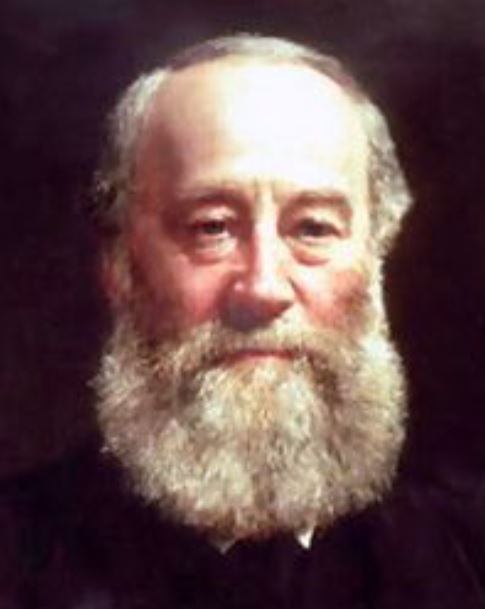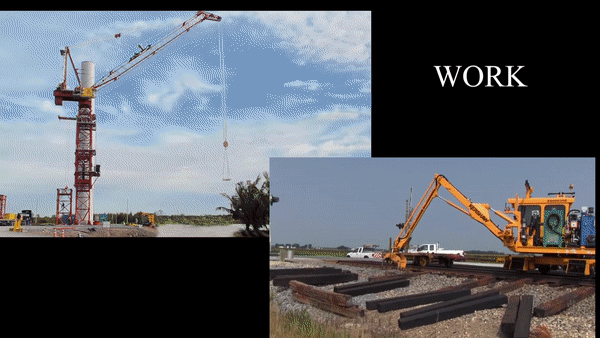
James Prescott Joule Born in Salford, Lancashire, on December 24, 1818, and passing away on October 11, 1889, was an English physicist, mathematician, and brewer. Joule investigated the nature of heat and found a connection between it and mechanical work . As a result, the law of conservation of energy and the first law of thermodynamics were developed. For giving respect to his work the SI unit of energy was decided on his name i.e. Joule. He collaborated with Lord Kelvin to create the Kelvin scale, which measures absolute thermodynamic temperature. The relationship between the current through a resistor and the heat dissipated, generally known as Joule’s first law, was discovered by Joule when he was observing magnetostriction.

In our common conversation, the words work, energy, and power are regularly employed.
A student studying for a test, a construction worker hauling bricks, a farmer ploughing the field all of them are said to do work.
However, in physics, The word work has a clear and defined meaning.
A person who is capable of working 10–12 hours a day is believed to have a large stamina or large amount of energy. But there is no such term like stamina in Physics . Here Energy is defined in a different way. Also the term “amount of energy a body posses” has n meaning in physics because there is no way of measuring energy posses by a body but we can only find the change in energy during a certain process or event.
Different senses of the word power are employed in daily life talks and speeches . ‘Powerful’ punches are a term often used in boxing. A muscular man is said to be more powerful. Whereas in physics the term power has a well defined meaning and also is a measurable quantity.
Gaining knowledge of these three physical quantities is the goal of this chapter.
Get Full Access Of the Chapters
